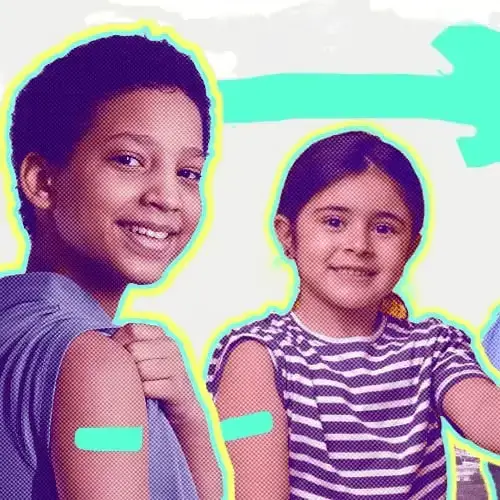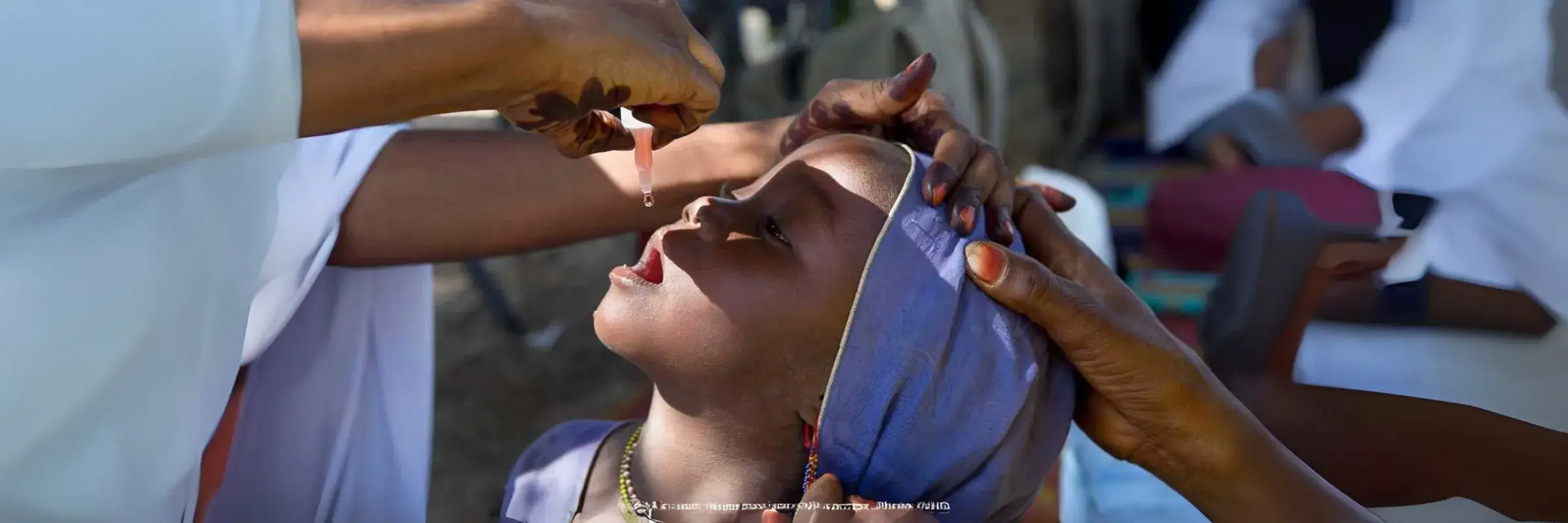The end of April is upon us!
I trust that you have enjoyed Easter to the fullest and are currently preparing for a summer full of sunshine (or a winter drenched in rain, if you’re south of the equator like me).
Here at Rx Communications, we’re delighted to be relaunching our regular newsletter to our loyal subscribers (not too regular; no spamming, we promise).
Coming up in this month’s newsletter:
- Top 10 Vaccine Journals 2023
- World Immunisation Week 2023
- Has the pandemic undermined trust in vaccines in general?
- Are we failing developing countries?
We thought that there was no better way to begin than by highlighting World Immunization Week 2023, which took place from April 24-30.
We are fast approaching three and a half years since the spectre of COVID-19 first raised its head. One year on from that first detected case, a truly collaborative approach of the world’s smartest minds had sequenced the virus, created vaccines, tested them in clinical trials, and vaccinated the first person (outside of trials) in what would become a global vaccine roll-out.
Depending on who you ask, this was either one of the greatest feats of global cooperation - or the work of a cabal of nefarious characters out to create an effete and compliant population. We are a medical communications organisation and therefore will be focusing on the former description...
The publication of research in medical journals is a long-held tradition (The Lancet is celebrating its 200th anniversary this year); one that is built on trust and credibility. We wanted to celebrate research and researchers by highlighting a well-respected and rigorous field of publications: namely, vaccine publications. Researchers – and consumers of research – share a curiosity for critical thinking and a profound respect for the scientific method in general, and journals and conferences are the two most established ways of indulging this interest.
Which brings us to our main focus of this month’s newsletter: the Top Vaccine Journals in 2023, written by Sarah Cahill. The tireless work of an amalgamation of scientists, funders, healthcare professionals, and science communicators (and whoever else – and there are many – who played even the smallest role) would count for nothing if there were no institutions to disseminate the results.
Whether you are a seasoned researcher or simply someone who is interested in staying up-to-date with the latest developments in medical research, our list of the Top Vaccine Journals for 2023 is an invaluable resource. Reading the latest published research can enhance your comprehension and keep you current with critical issues and topics in the vaccines field.
We also briefly touch on themes related to the wider topic of vaccination, including COVID-19 vaccine adherence, and access and uptake in developing countries.
Enjoy!
Ruth
We'll deliver straight to your inbox
Top Vaccine Journals 2023

With many vaccines in use worldwide, and more in the development pipeline, well-respected journals are an invaluable vaccine resource.
To support this, we’ve updated our list of the top-ranked international vaccine journals for 2023. We’ve also included two broader immunology journals that also include peer-reviewed vaccination research articles and discussions. See more here.
World Immunisation Week 2023

Announced as The Big Catch-Up, this year’s World Immunisation Week focuses on helping countries to get back on track vaccinating their people to protect them against preventable diseases.
Learn more here.
Has the pandemic undermined trust in vaccines in general?

The pollyannas among us believed the internet age would usher in a democratisation of true and accurate health information. I think we can all agree it has doneanything but this. This is no more evident than looking at the glut of misinformation and disinformation that has abounded during the COVID-19 pandemic.
While there have been plenty of legitimate concerns espoused by the vaccine-hesitant, opportunistic radicals have run rampant on social media, undermining other vaccines along the way.
The WHO and UNICEF published data last year that showed a disturbing drop in vaccination rates. UNICEF’s Executive Director, Catherine Russell sais, “This is a red alert for child health. We are witnessing the largest sustained drop in childhood immunization in a generation.”
Increased misinformation is just one among many factors presumed to be adding to the alarming results. It’s likely too soon to see the full effect of vaccine misinformation and disinformation on maternal and infant vaccine rates, but preliminary evidence is discouraging.
As is often the case, much of this burden is shouldered by low- and middle-income nations (covered below).
Are we failing developing countries?
The joint WHO/UNICEF published data (mentioned above) portend increasingly bad outcomes for developing nations. India and Nigeria are two of the larger countries where millions of children have missed out onlife-saving shots, partly attributable to COVID-19 vaccine misinformation.
Looking more specifically at COVID-19 vaccination rates on a world map is a sobering exercise. The Our World in Data Project has compiled data on vaccination rates, and in March of 2013, they published the data via the New York Times.
At the height of the pandemic (circa mid-August, 2021), I remember quibbling over mandates and vaccine uptake in my home of New Zealand; will we reach herd immunity? Why are people still hesitant? When can we go back outside?
These issues seem quaint when you look at somewhere like Algeria (pop.~44m) whose vaccinated coverage, as of March 2013, amounted to 15% of the population being fully vaccinated. Anything close to herd immunity seems like fantasy for countries like Algeria and others (Papua New Guinea, 3.6% fully vaccinated).
A back of the envelope calculation shows that the only way these countries will reach any semblance of herd immunity (outside rapid immunisation programmes) is through natural immunity and all the death and destruction that occurs in its wake.
A perfect storm of misinformation, wealthy country avarice, and good-old-fashioned neglect all equates to the unavoidable conclusion that we are, indeed, failing developing countries.
All the more reason to highlight World Immunisation Week 2023.
Acknowledgement to WHO for images provided.



.webp)




